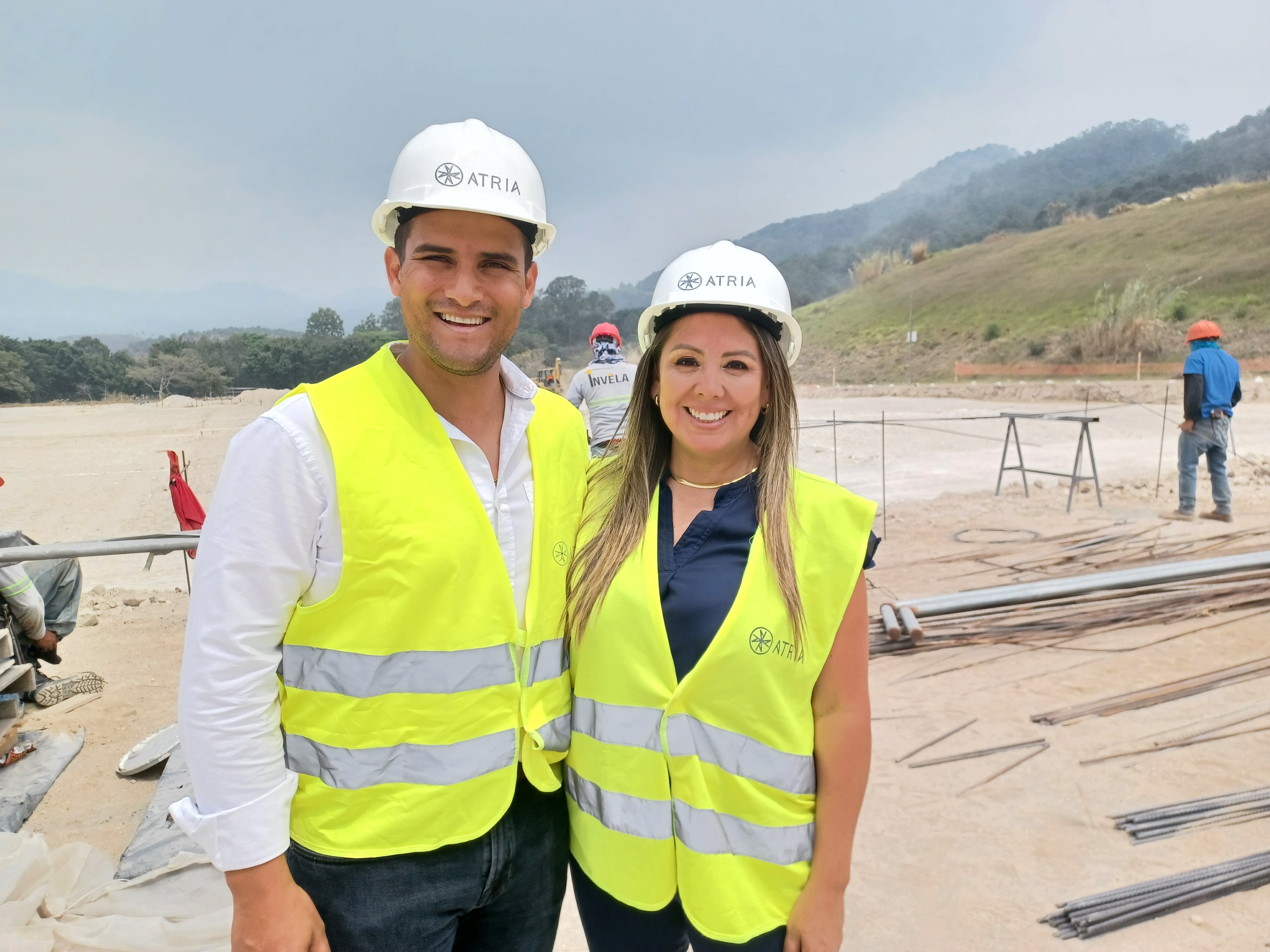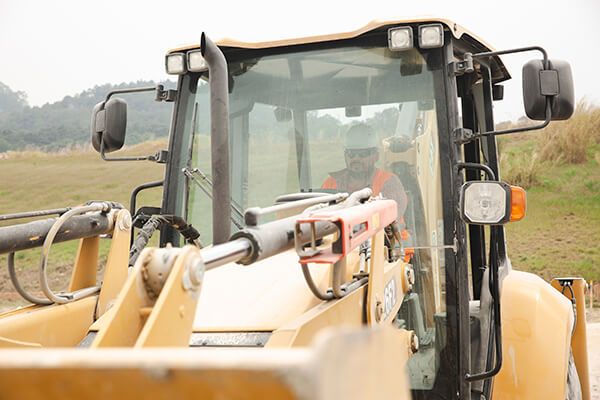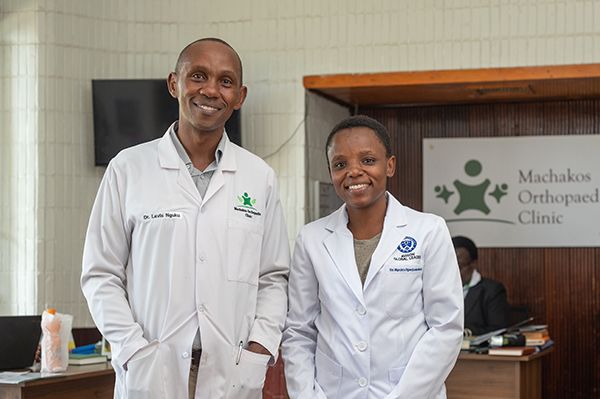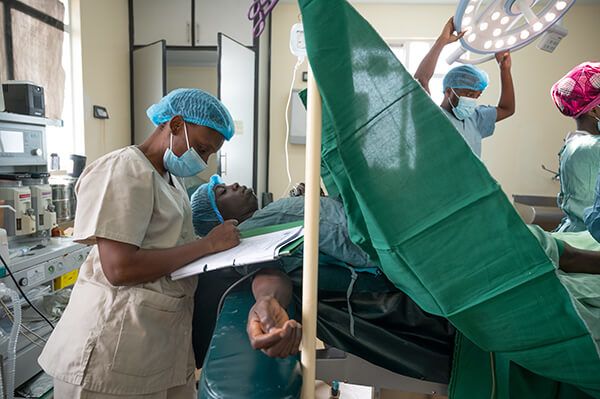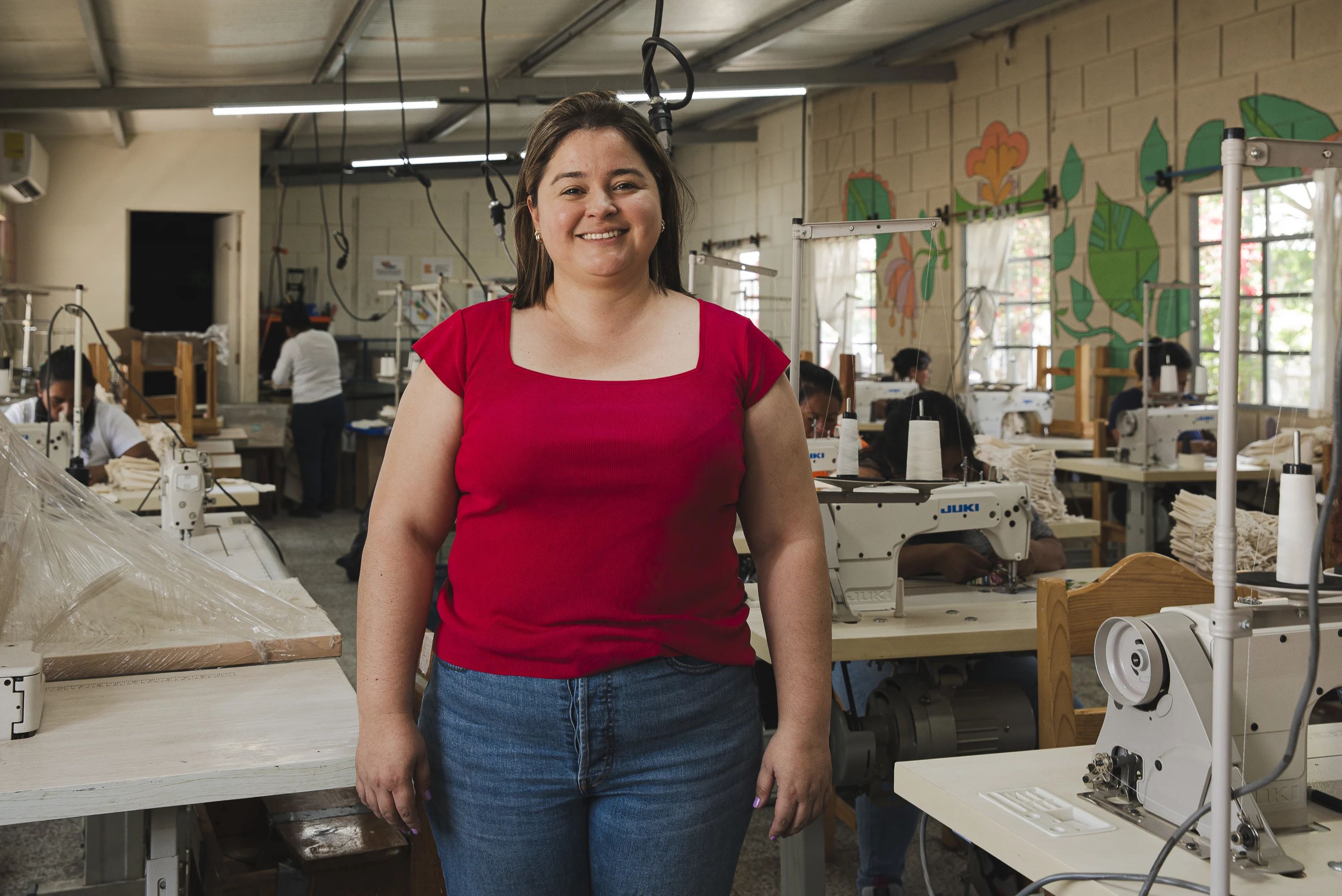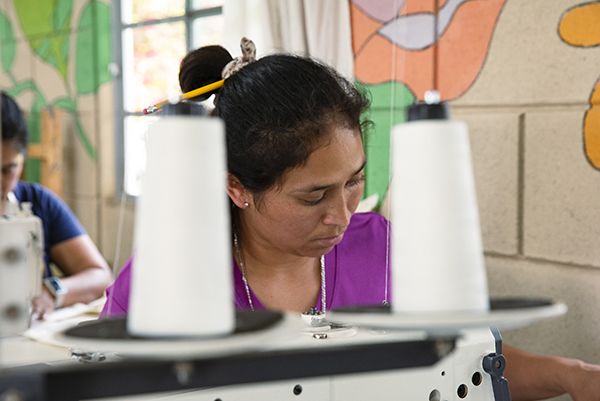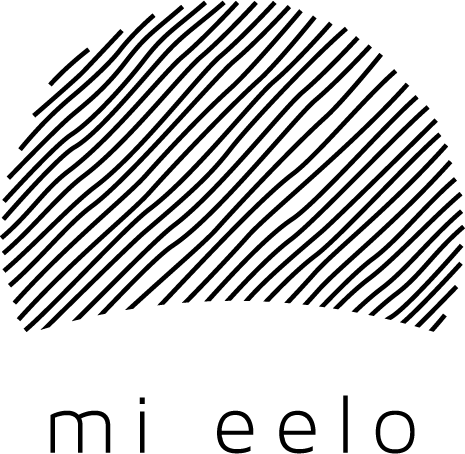ENTREPRENEUR STORY
Constructing good jobs
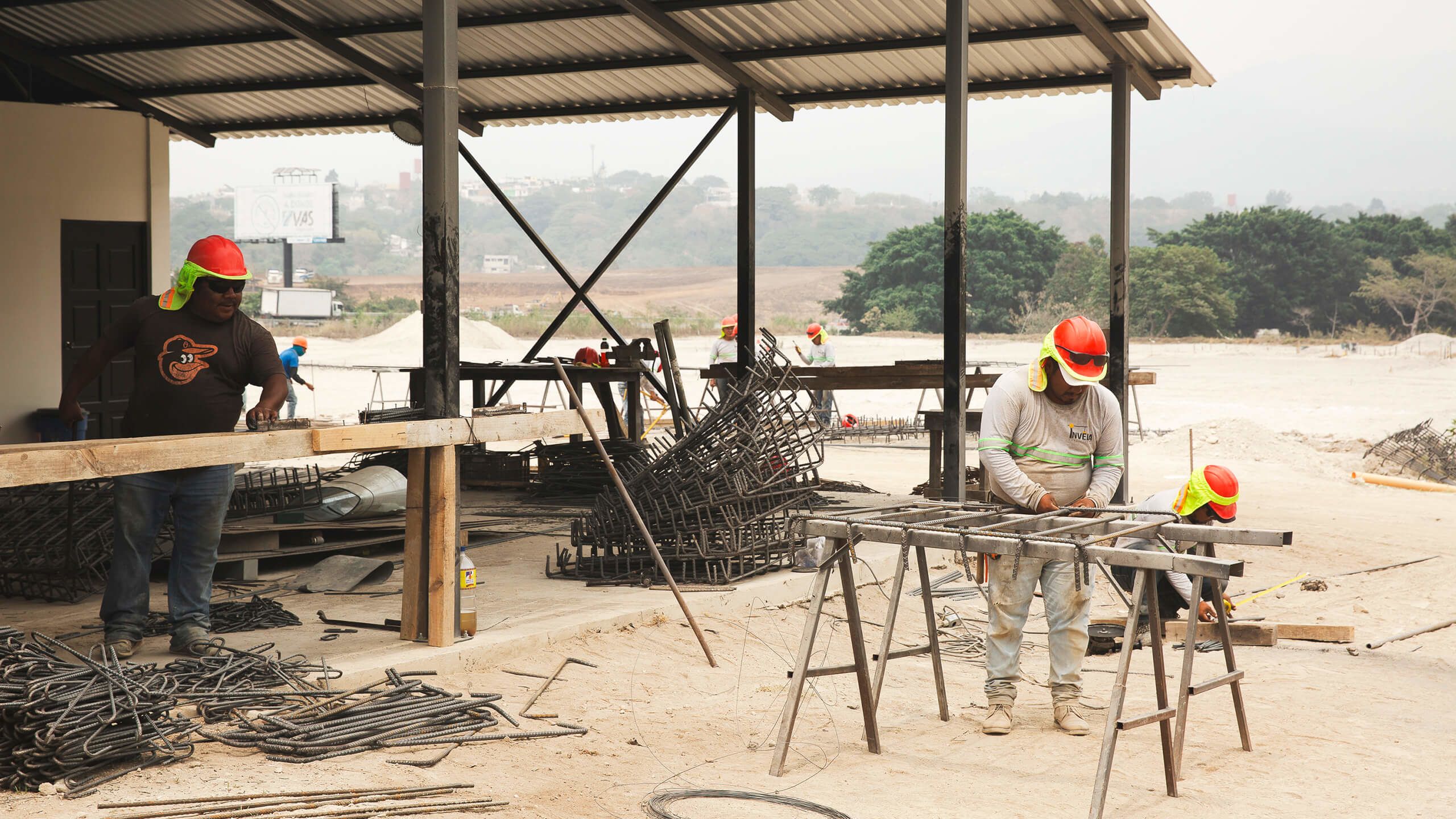
Invela is a Guatemalan construction company founded in 2010 by Javier Luna and Ernesto Fernandez. It's been supported by our partner, Business Council for Peace, Bpeace.
Stephany de González and Javier Luna
Stephany de González and Javier Luna
Stephany de González, Bpeace Country Director for Guatemala, talks to Javier Luna, the CEO of Invela, about the challenges, and opportunities, of being in the job creation industry.
Stephany De González: Tell me more about Invela...
Javier Luna: We have 71 staff members and we are guided by a commitment to excellence and to Christian values.
Our portfolio includes everything from modern urban developments to countryside homes. We are dedicated to sustainability, and we incorporate eco-friendly materials and energy-efficient technologies into our housing projects.
Stephany De González: From your perspective as a business leader, what do you see as your responsibility when it comes to job creation?
Javier Luna: We believe in investing in, and trusting in, our people. It's not about the number of staff we employ. Seeing our staff as equals gives them the opportunity to develop technically and professionally with the right training.
We are growing as a company right now and have a big construction project underway.
Stephany De González: What are some of the challenges - and opportunities - you face as a growing business?
Javier Luna: There are no laws regulating the quality of construction work in Guatemala. Bribes are endemic. Competitors sacrifice quality by offering a lower price. We've had experiences where we've delivered projects and haven't been paid. As there is no legal come-back, the challenges for a growing business are clear. Guatemala is prone to earthquakes, so it's imperative to build roads and houses with safety and quality at the top of the list.
Stephany De González: What have been the benefits to Invela of the partnership with Bpeace?
Javier Luna: After engaging with Bpeace, we've made real strides in our work. We've introduced a new organisational structure, and we have prioritised human resources. This has allowed us to focus on business development. Updating our business plan and securing contracts has driven growth that's sustainable. Productivity has been enhanced and we've expanded our market reach.
We've taken time with Bpeace to sit down and plan. Without this type of support, you can just go in circles.
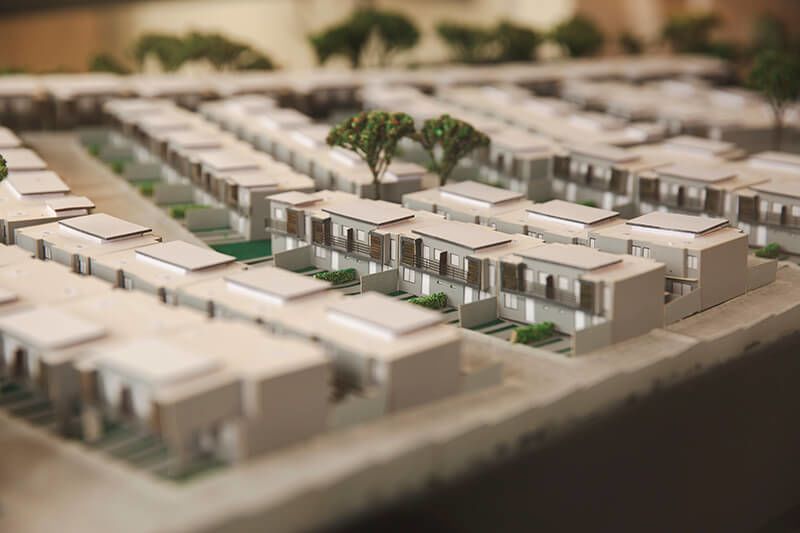
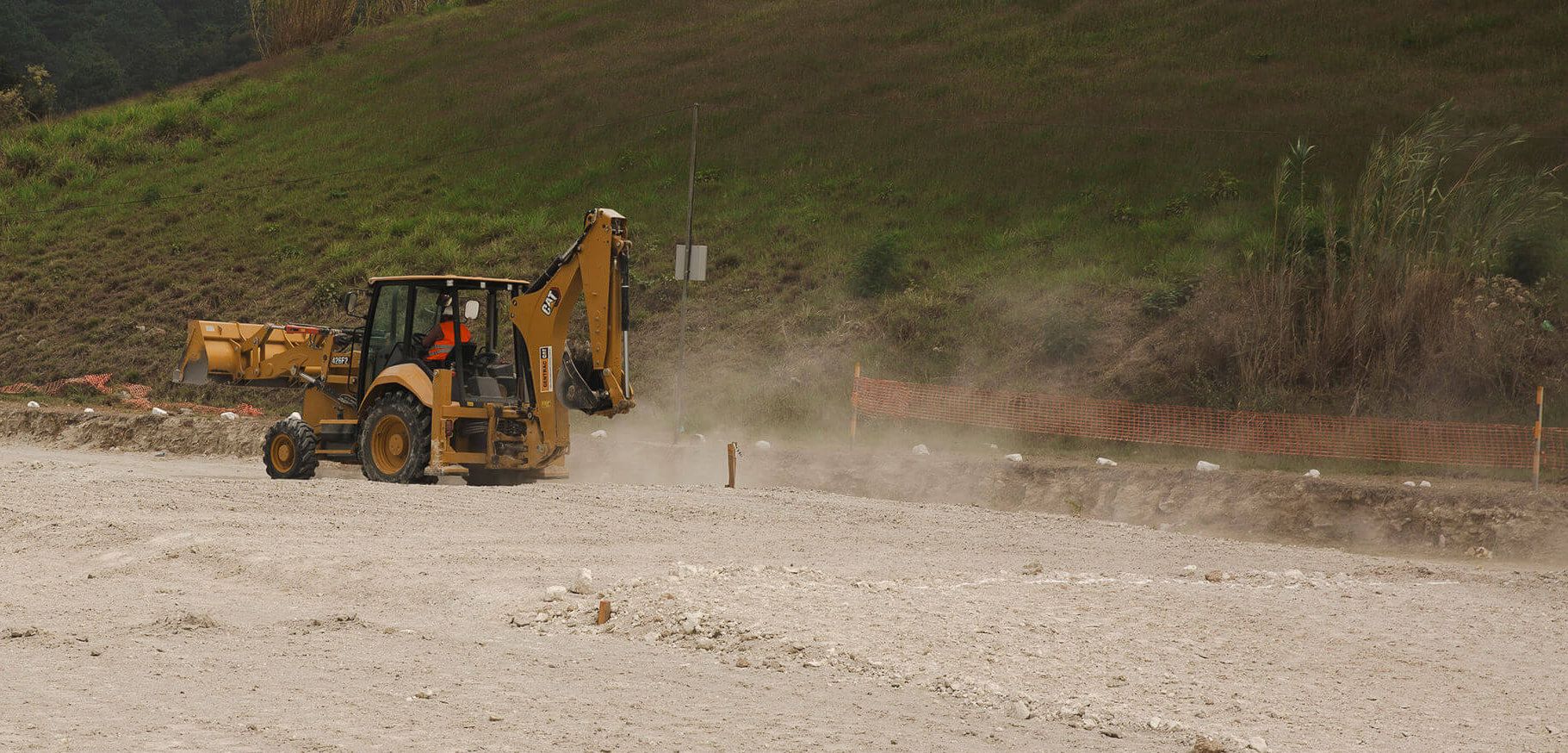
"We've taken time with Bpeace to sit down and plan. Without this type of support, you can just go in circles."
Javier Luna, CEO Invela
ENTREPRENEUR STORY
Providing essential services
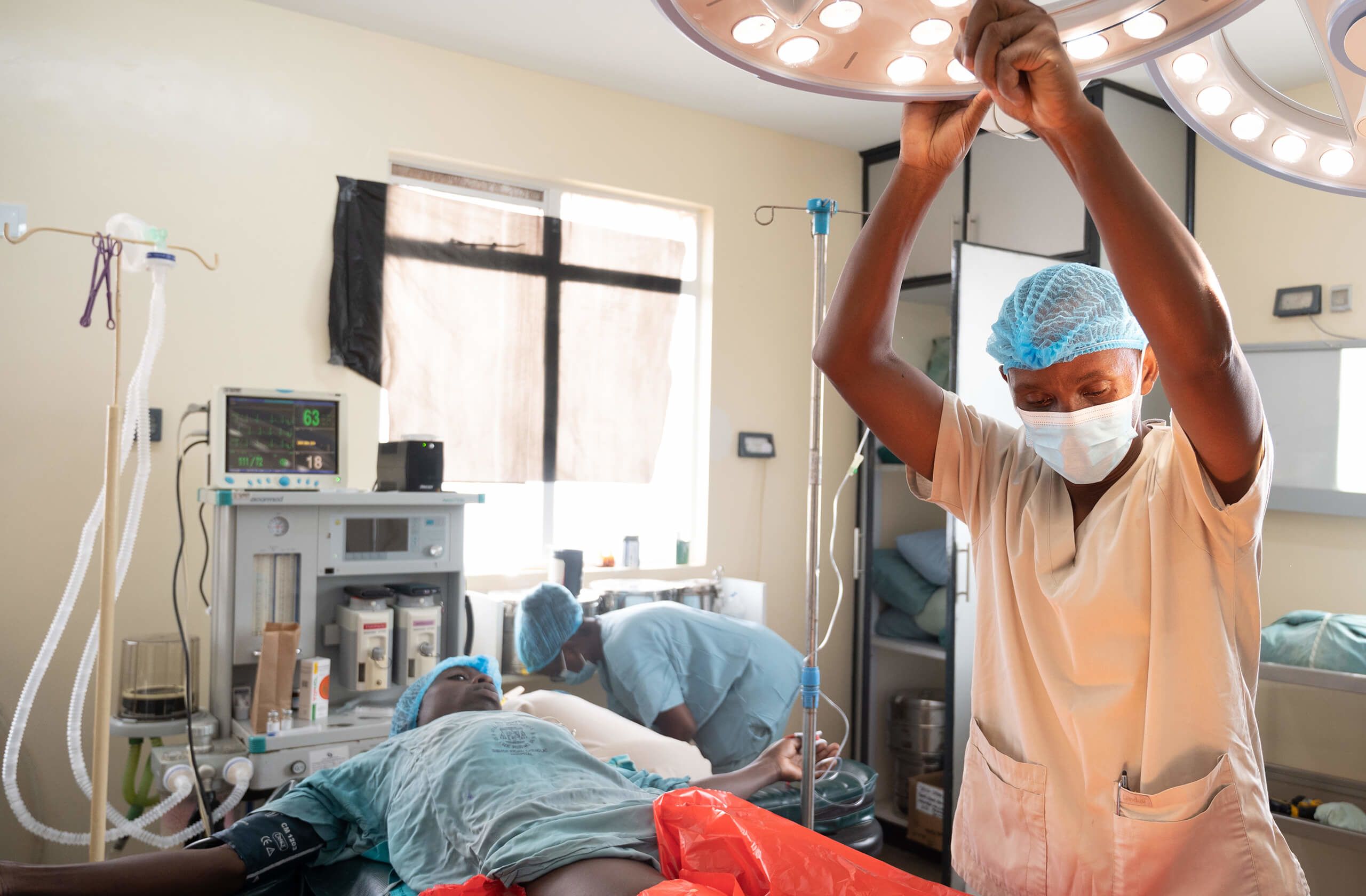
When husband and wife team, Dr Levis and Dr Speciosa (Specky) Nguku, moved to Eastern Kenya in 2015 to set up an orthopaedic clinic, their aim was to provide medical services at an affordable cost to the local community.
Dr Levis and Dr Speciosa (Specky) Nguku
Dr Levis and Dr Speciosa (Specky) Nguku
“Disability in Kenya affects close to half a million people. When we founded Machakos Orthopaedic Clinic, there was only one orthopaedic surgeon between Nairobi and Mombasa, which spans about 500km. There was no way one doctor could cover all that,” says Dr Levis Nguku.
Dr Nguku, who qualified as a doctor in Kenya, met his wife Specky while studying for a Masters in orthopaedic care at Makerere University in Uganda. After completing her first degree in medicine she was taking her Masters in anaesthesia.
The couple's interest in setting up a practice for orthopaedics started when they worked for an American Missionary hospital in Kenya. One case in particular drew their attention.
"There was a boy whose fractured limb had been poorly managed and who ended up having an amputation," says Specky. "We realised that if he'd received the right care early on, the limb would not have been lost."
The Ngukus set up Machakos Orthopaedic Clinic with the aim of giving patients comprehensive and compassionate treatment, particularly in the realm of bone and joint health.
Early on in the clinic’s development, the founders sought advice from Argidius’ partner, the Transformational Business Network, TBN.
“We looked for opportunities to learn how to run the business efficiently and went on multiple courses to better understand finances and marketing, as well as the basics and concepts of running a business,” says Specky.
The clinic offers high quality surgical care at almost a fifth of the price of care offered in the rest of Kenya, creating access to quality and affordable treatment. Since it opened, the clinic has grown from two staff to nine.
By keeping costs low for patients, we get higher numbers coming to the clinic, and by getting higher numbers, the business becomes more sustainable. Our current goal is to perform at least two surgeries every month for free.
"They are impacting the community in two ways," says Derrick Waiswa from TBN. "Creating jobs and providing vital, affordable healthcare services for the community."
In addition to advanced surgical interventions, the clinic offers a range of supportive therapies, including physical rehabilitation, pain management, and nutritional guidance.
The Christian faith of the founders is at the core of the clinic's ethos, says Levis
"We put our faith in God knowing that we have this skill, we have this knowledge, but we can only treat the patient. It's God who's going to heal so we commit each patient to Him."
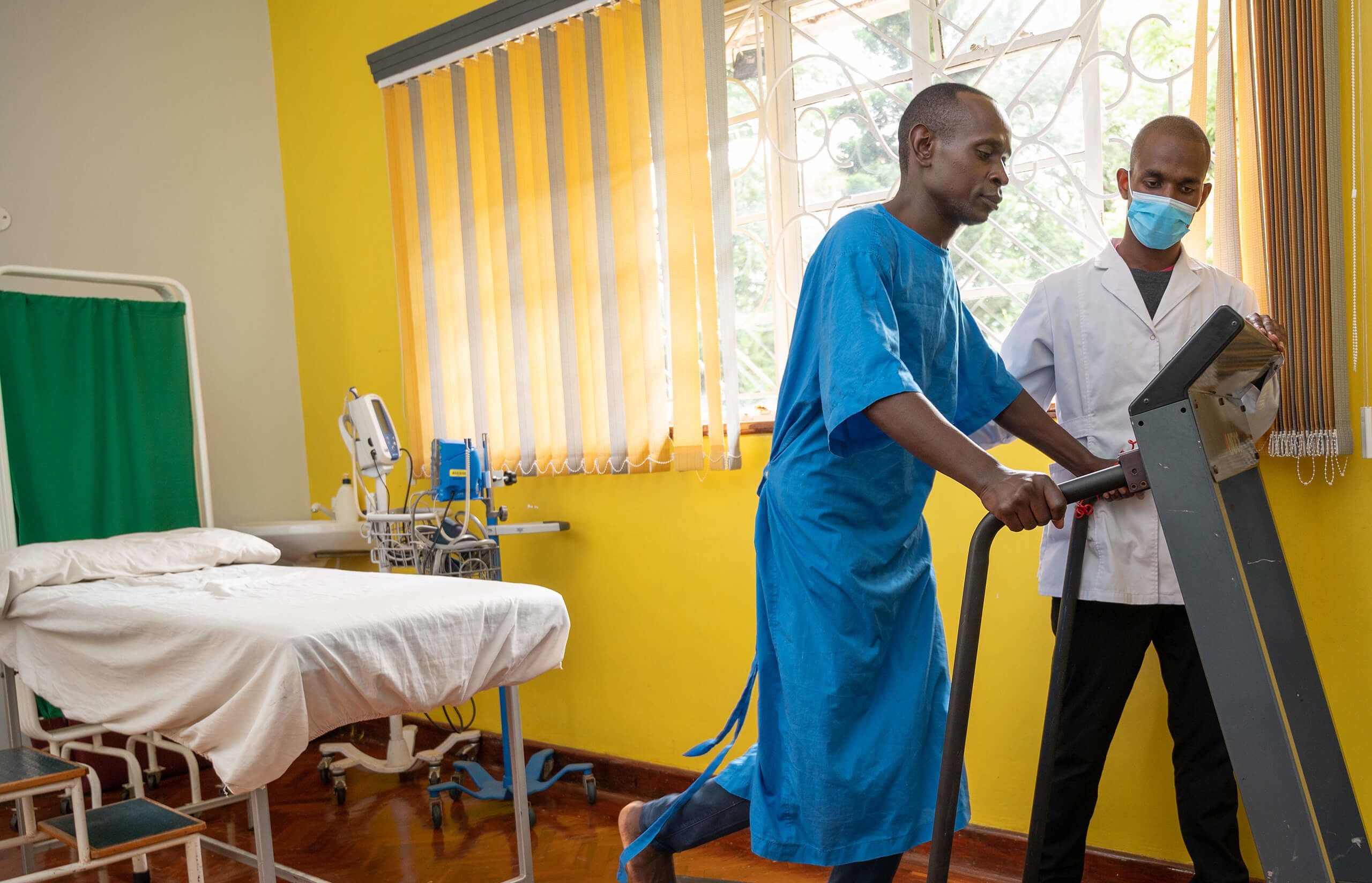
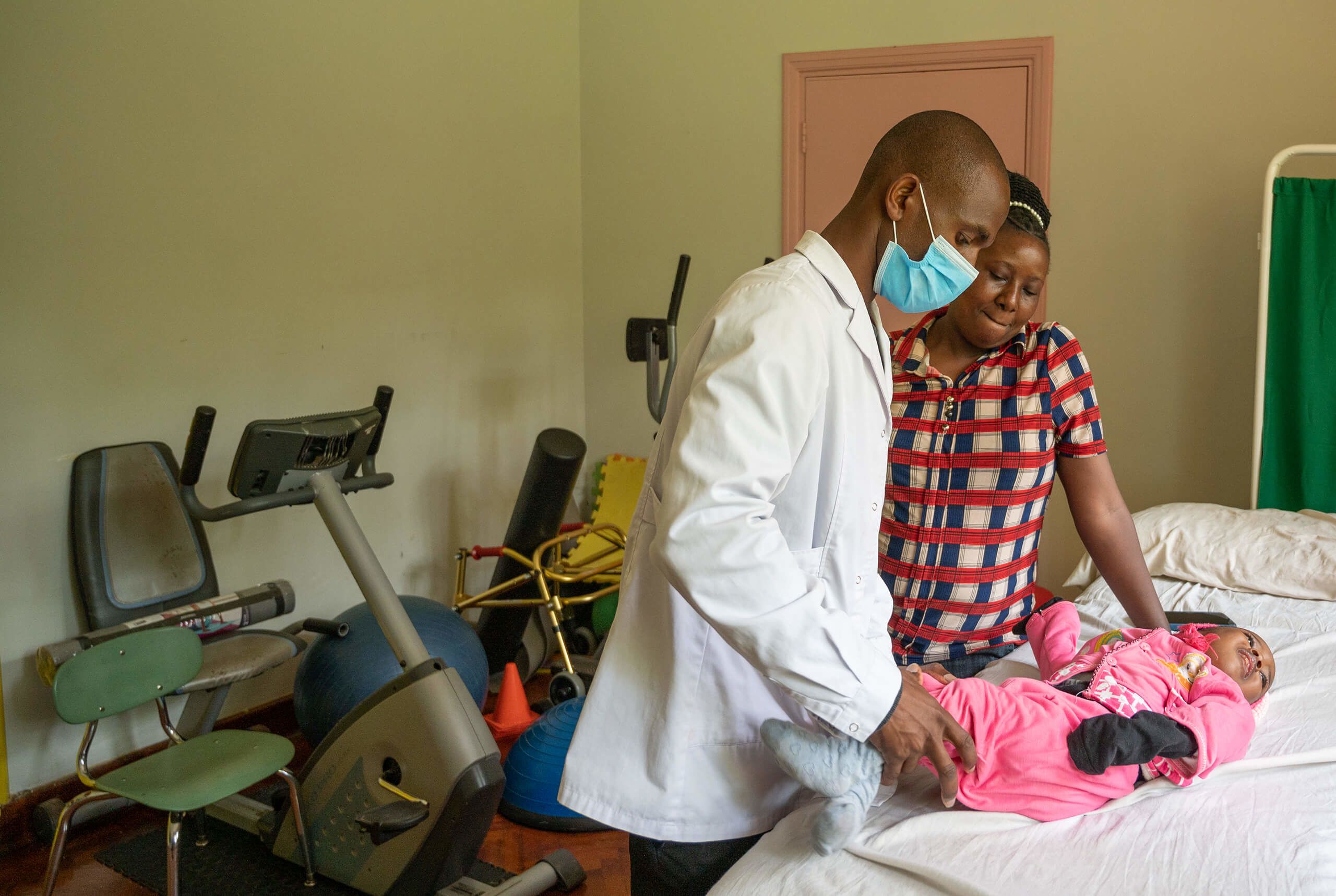
"Creating jobs and providing vital, affordable healthcare services for the community."
Derrick Waiswa, Transformational Business Network
ENTREPRENEUR STORY
Generating green opportunities
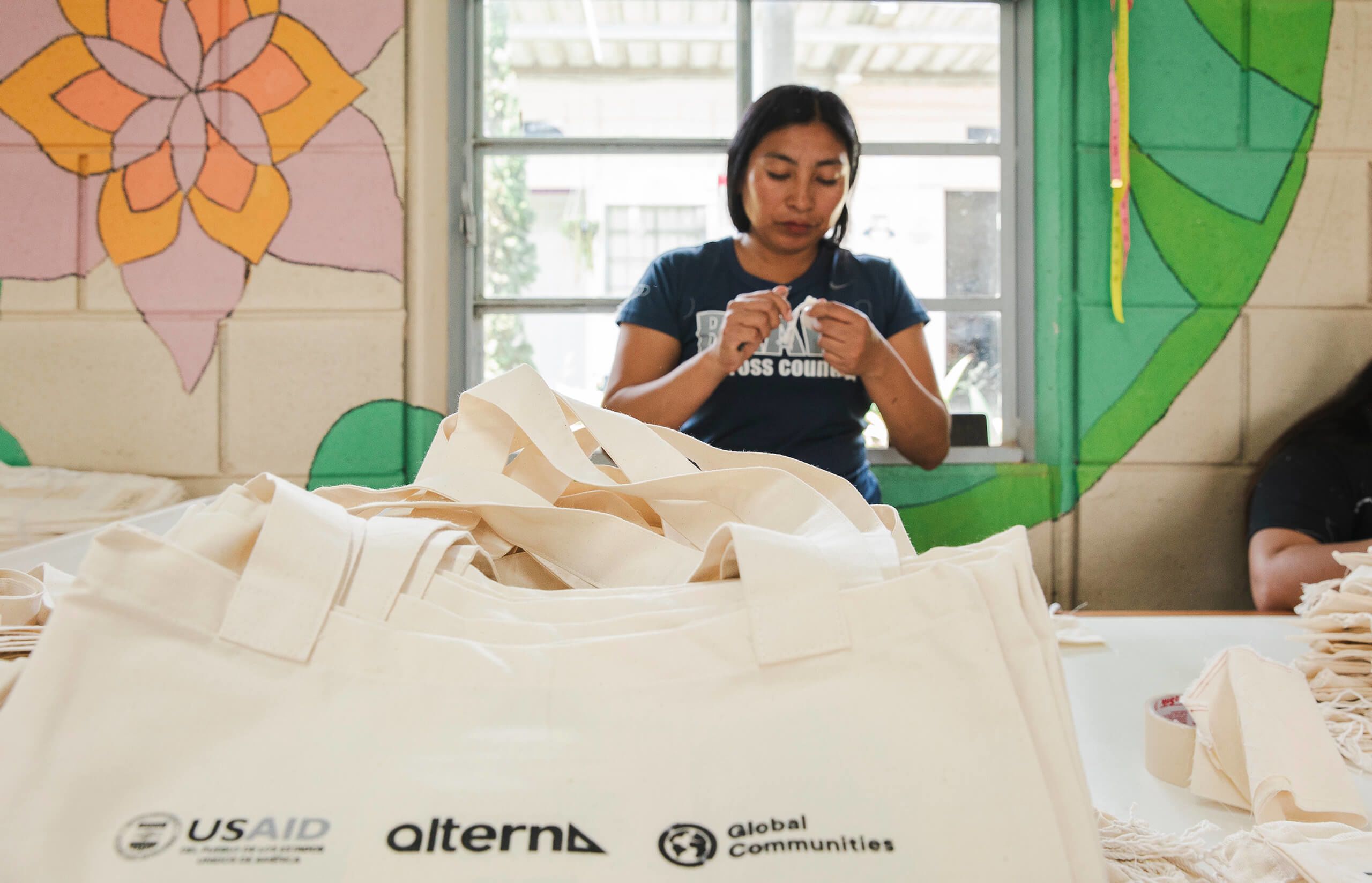
Behind the 'basurero', Guatemala City’s biggest garbage dump, lies a cluster of buildings that belong to Mi eelo, a forward-looking women's social enterprise. The buildings, all decorated with vibrant paintings, house sewing machines, cutting tools, and fabrics. Today, the main sewing room is bustling with twenty or so women who are busy cutting, measuring fabric, and sewing bags.
“Mi eelo means my thread,” explains Stephany Fuentes, the coordinator. “This thread unites us to each other, connecting us to the fabric of our community. This is a place we come to create, get stronger and make a good living.”
Guatemala City dump spans over 40 acres, making it one of the largest open-air landfills in Central America. Many adults in the dump community face challenges in making a living due to scarce resources and limited educational prospects. An estimated 3,000 people work in the landfill.
Stephany Fuentes from Mi eelo.
Stephany Fuentes from Mi eelo.
Mi eelo was established by the non-profit organisation Creamos, which offers accelerated education and workforce development as well as emotional support services to the community residing near the landfill. Mi eelo employs community artisans and seamstresses, offering them an alternative income to dangerous work. The products made by Mi eelo are co-designed and co-created by a team of artisans using upcycled materials.
"Women in the surrounding communities face high levels of gender-based violence and discrimination,” says Stephany. “At Mi eelo, women are given the opportunity to do meaningful, creative work, in a safe space. They can access individual and family counselling services, and also attend a support group if they are experiencing violence at home.
Argidius’s partner, Alterna, began working with Creamos in 2020 with the aim of supporting their transition into a social enterprise. They provided tailored support to improve its business and financial strategies. This focus continued in 2021 with the development of a business strategy for the Mi eelo company and its new product line.
In 2023, Mi eelo joined a cultivation programme run by Alterna focused on businesses with sustainable value chains. This programme enabled Mi eelo to connect with other companies within Alterna's network to explore commercial opportunities.
Cindy was nine years old when she began working at Guatemala City garbage dump. She was taught by her mother how to spot items of value, from plastic bottles, to toys and medical waste.
"I was the third generation in my family to work there. We'd start at seven in the morning and gather rubbish until late at night, Monday to Saturday. We were always having accidents. You'd cut your hands and legs on broken glass, or step on needles formerly used for injections. There were always stories of children disappearing under the refuse."
“Mi eelo has helped me change in every sense,” Cindy.
“Mi eelo has helped me change in every sense,” Cindy.
Cindy heard about Mi eelo five years ago.
"When I got training here as a seamstress, I immediately felt safe," she says. "I was able to bring my children to work to attend the nursery. Knowing they weren't at risk at home in my community was a huge thing. There were also people here who encouraged me to study."
Cindy says she is proud of the items she makes at Mi eelo, which include hand-made items such as pencil cases, t-shirts, aprons, placemats and napkins using recyclable materials.
Financial literacy training is also offered to female employees at Mi eelo. The programme aims to enhance understanding of financial concepts, introduce formal banking institutions, and promote sustainable saving practices. The course is structured around the idea that economic violence hinders economic autonomy. The emotional support team at Creamos assists participants in opening a bank account, a requirement for many formal job opportunities.
“ Mi eelo has helped me change in every sense,” says Cindy. “A huge door has opened for me. I’ve become an example for my children, because if I could learn all this when I was older, they can do it too.”
Daniel Buchbinder from Alterna says Mi eelo is a powerful case of an NGO which has moved out of its comfort zone, from relying purely on donations to becoming a sustainable organisation.
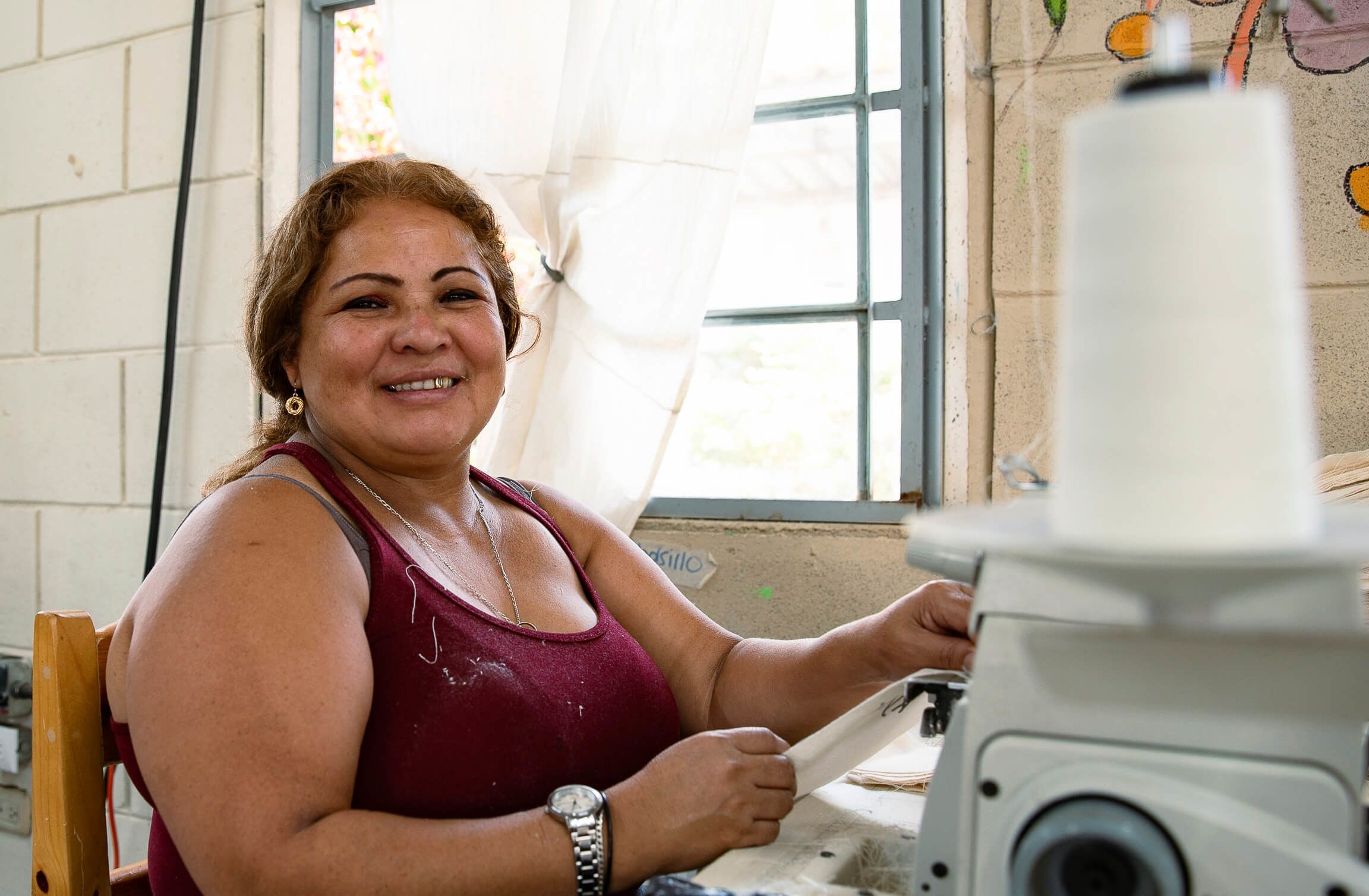
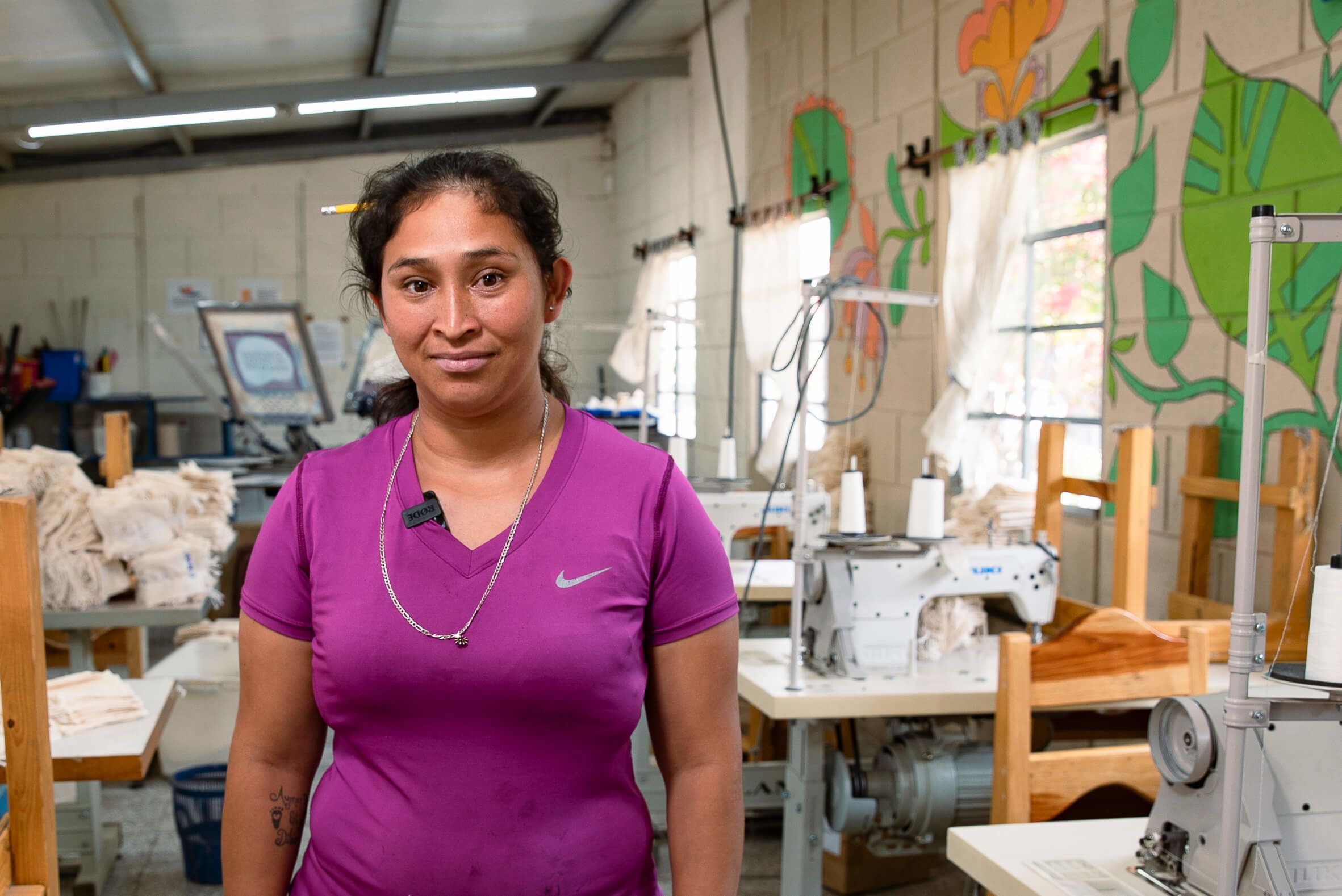
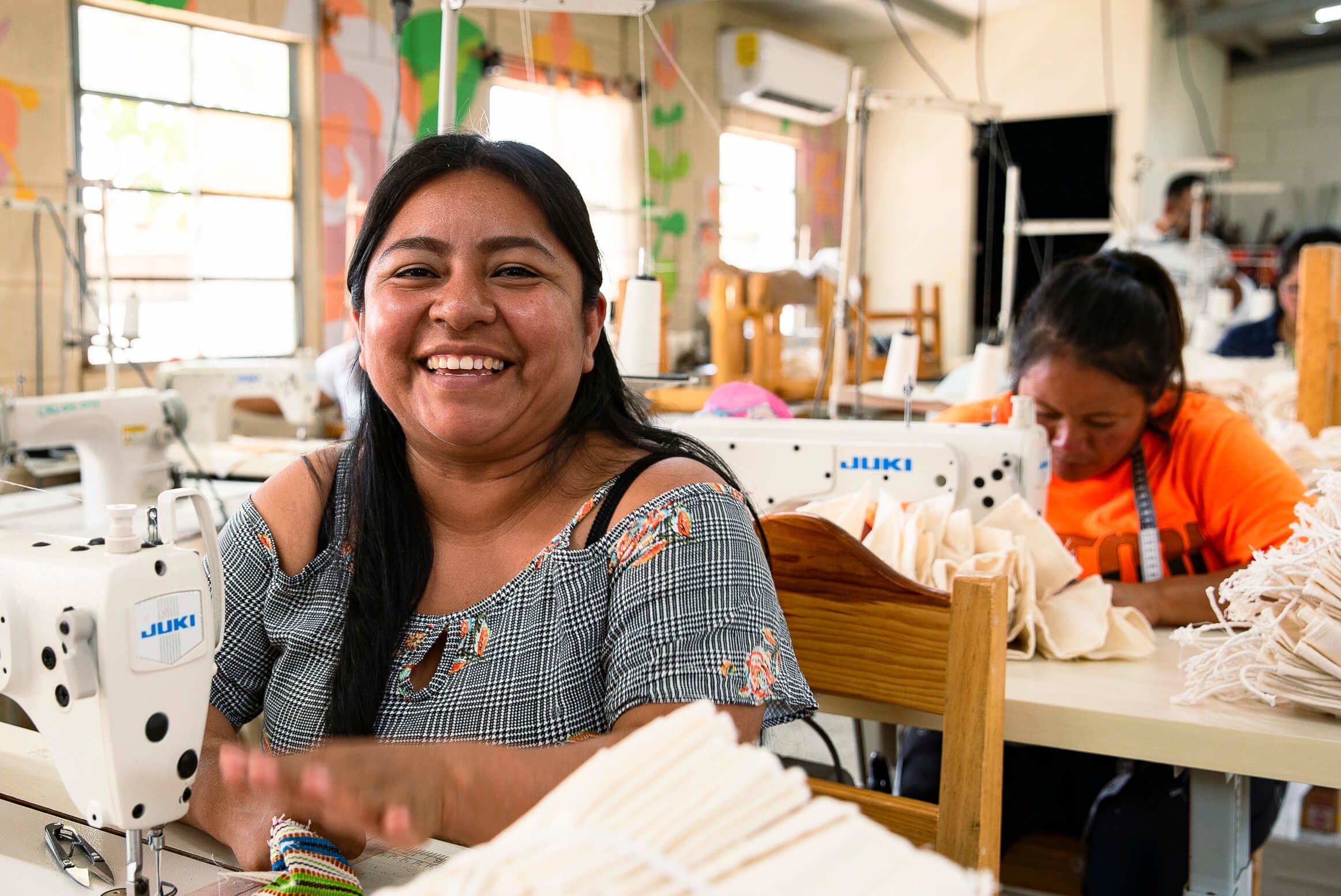
"Mi eelo is a remarkable story of a company that's pushed its own limits, and developed into a sustainable business model. They create beautiful handcrafts and generate profound social impact in one of the most complicated spots in Central America. It's a very powerful business that has direct impact for women and for children."
Daniel Buchbinder, CEO of Alterna

